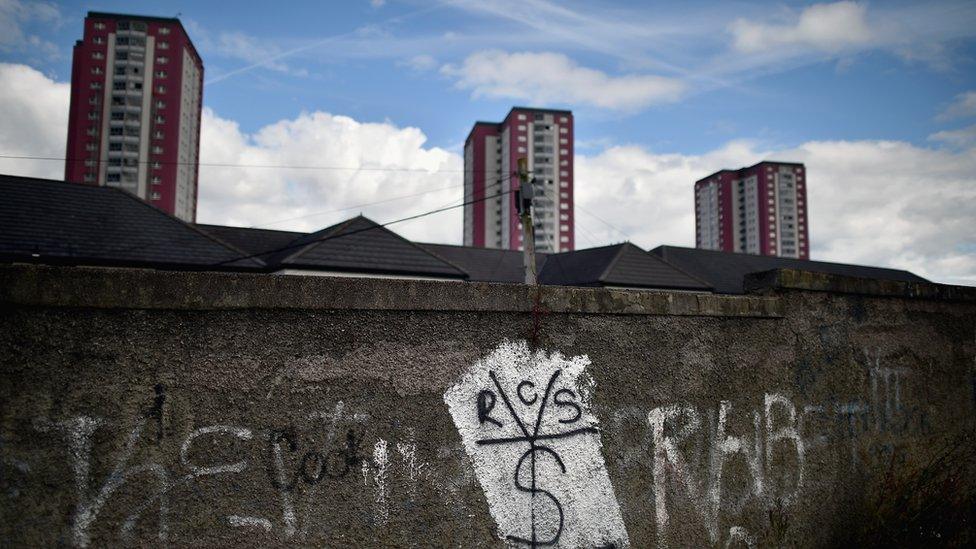Social Attitudes Survey: Poor health caused by 'unjust society'
- Published

More than two-thirds of those interviewed linked health to living conditions
Half of Scots believe that poorer health is a result of an "unjust society", according to the Scottish Social Attitudes Survey.
The survey suggested that 58% would be willing to pay higher taxes to improve the health of poorer people in Scotland.
More than two-thirds of those questioned believed richer people were more able to lead healthy lives.
The research was commissioned by NHS Health Scotland.
The Scottish Centre for Social Research, which published the report, said it revealed widespread awareness of a link between health and income inequalities in Scotland.
Other findings include:
72% felt those living in better areas tend to be healthier than those in worse off areas
82% said not learning to make healthy choices was a key factor in why some were less healthy than others
Women were more likely than men to blame social injustice for health problems, while those on the left of the political spectrum were more than six times as likely to do so compared with those on the right.
Susan Reid, research director at the Scottish Centre for Social Research, said: "Inequalities in health between different regions and different groups of people in Scotland are among the highest in western Europe.
"This means that many individuals are prevented from enjoying a high standard of physical and mental health.
"Today's findings illustrate that the vast majority of Scots believe that poverty is related to having poorer health and overwhelmingly perceive the income gap as too large."
'Marked differences'
Ms Reid said the survey found "marked differences" in attitudes between social groups on the cause of inequalities, but also "common ground and shared goals".
"Most Scots would like government to focus on improving the status quo and there is considerable support for increasing taxes as part of that," she added.
The Scottish government has said tackling inequality is "central" to its thinking on policy.
Public Health Minister Aileen Campbell said: "Later this week we will be jointly launching, with (local government body) Cosla, Scotland's public health priorities, setting out our ambition for Scotland's public, third sector and private organisations, working with communities, to tackle inequality and Scotland's key public health challenges.
"We will follow this with strategies and action plans for specific areas, such as diet, physical activity and substance misuse."
Fieldwork for the study ran between July and December 2016 and consisted of face-to face interviews with 1,237 adults.